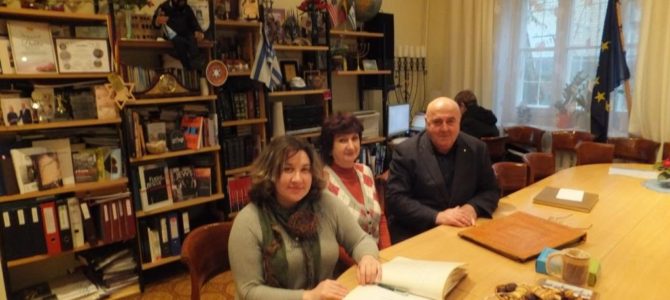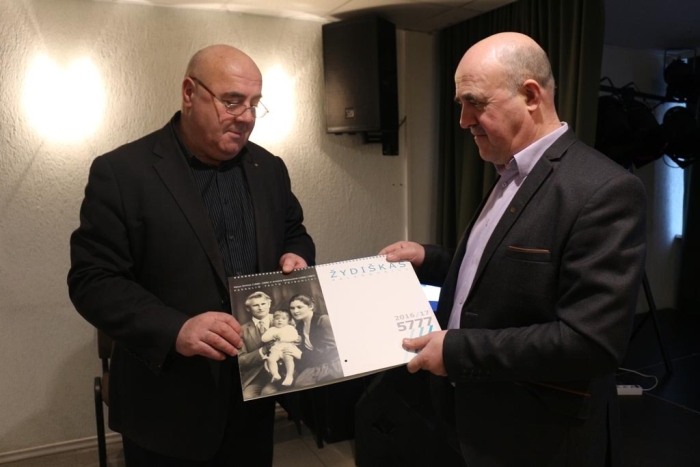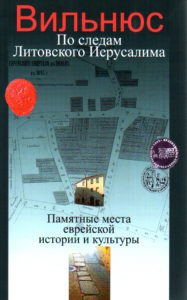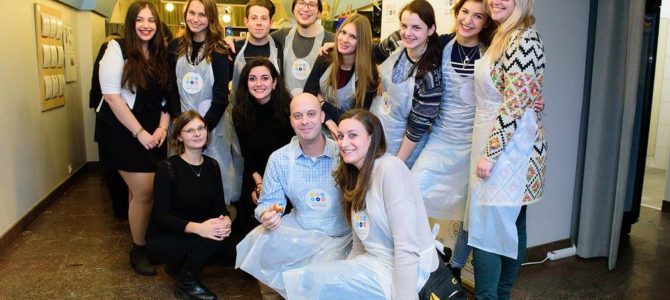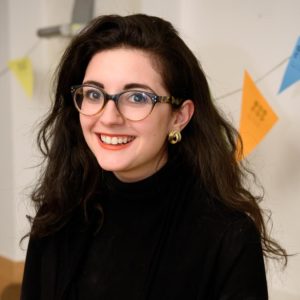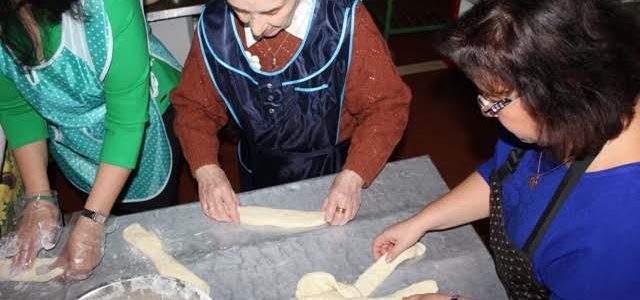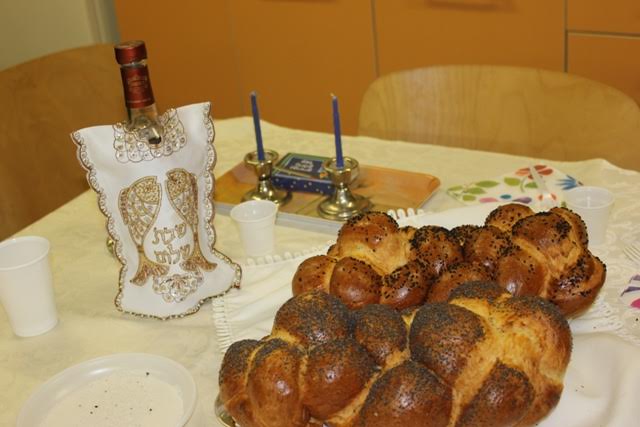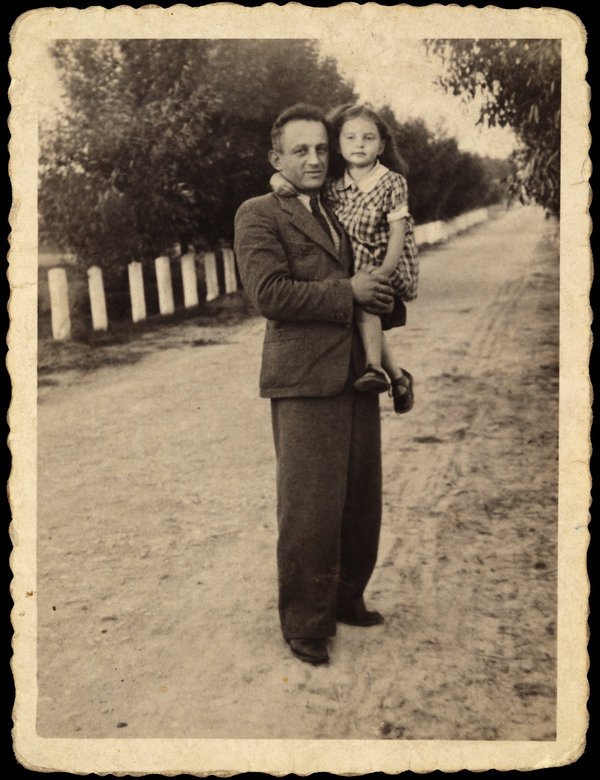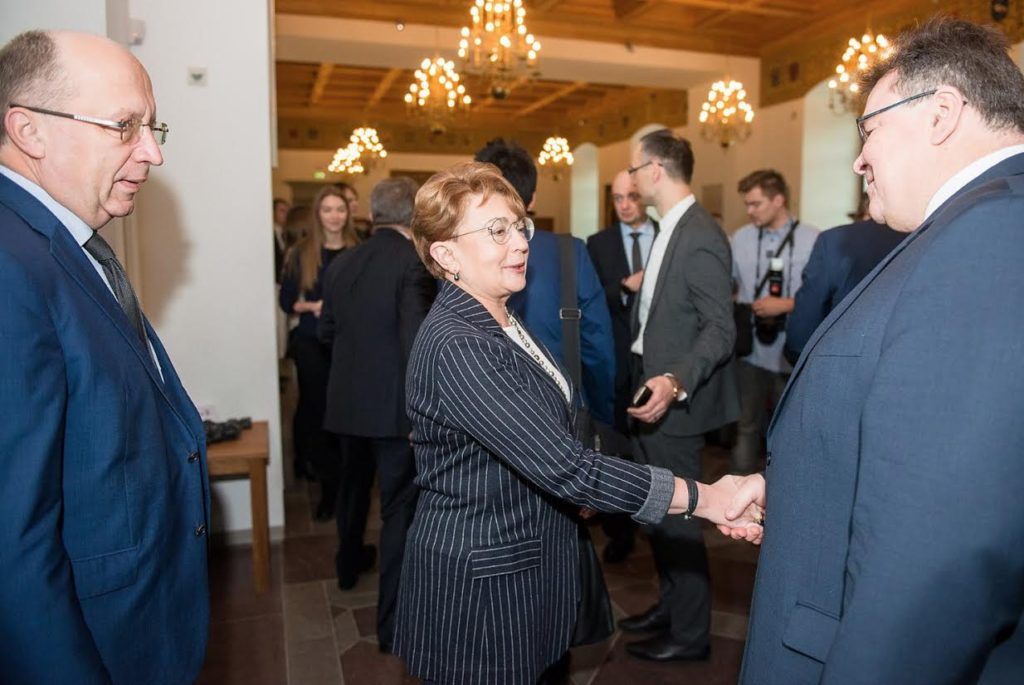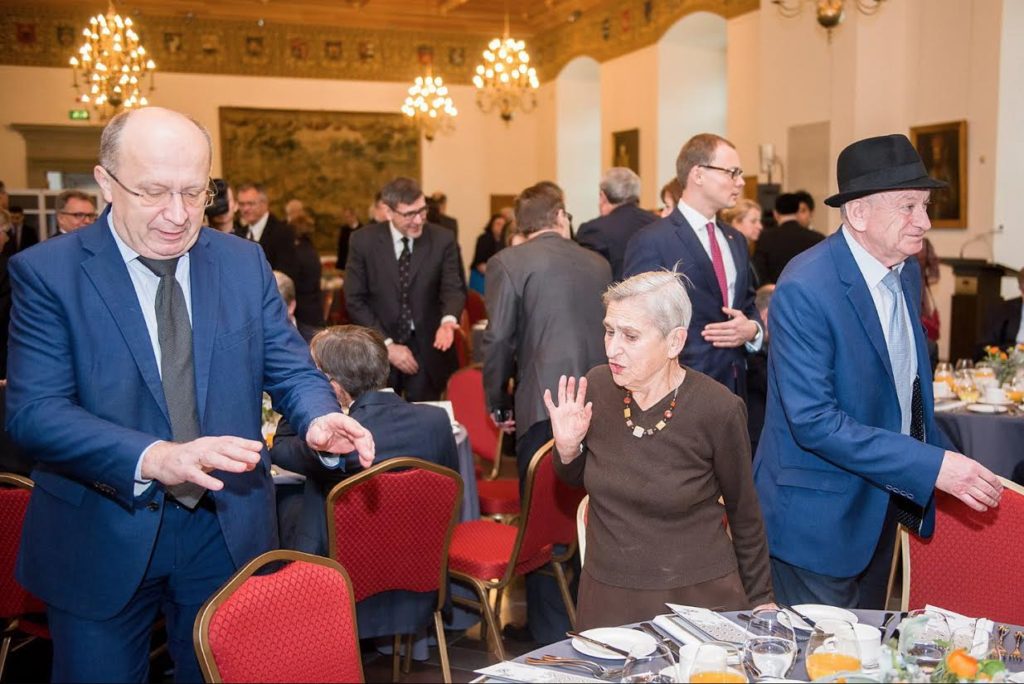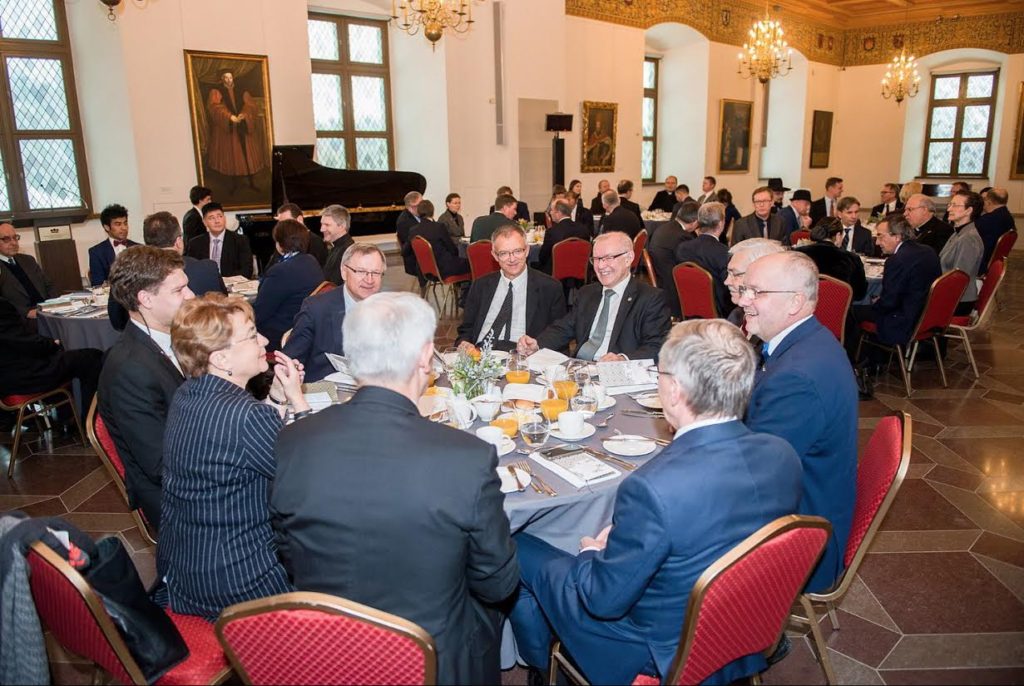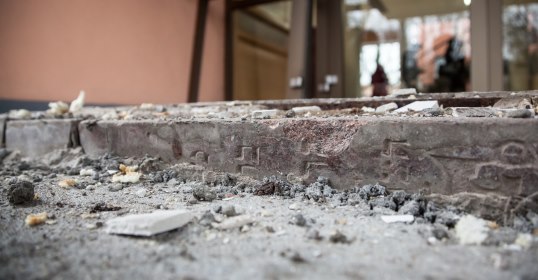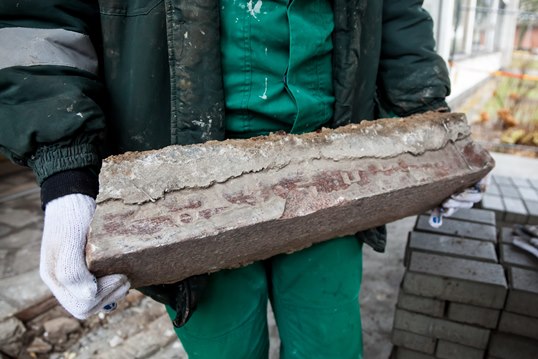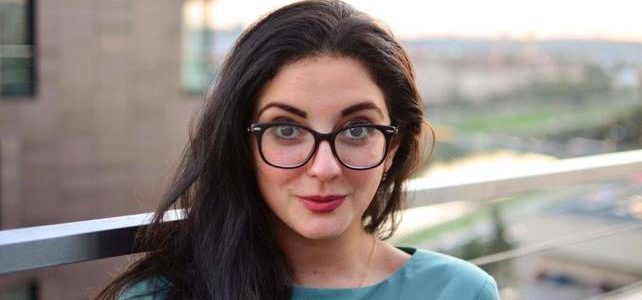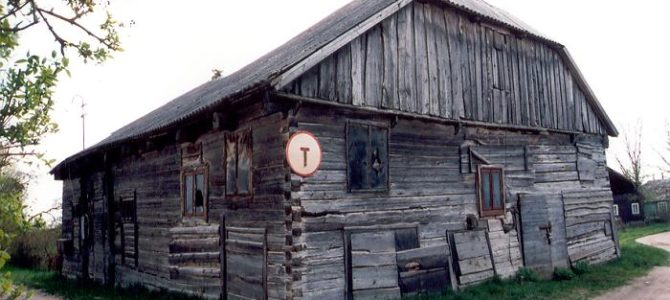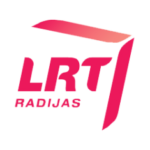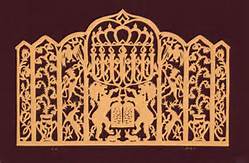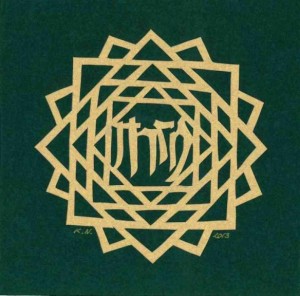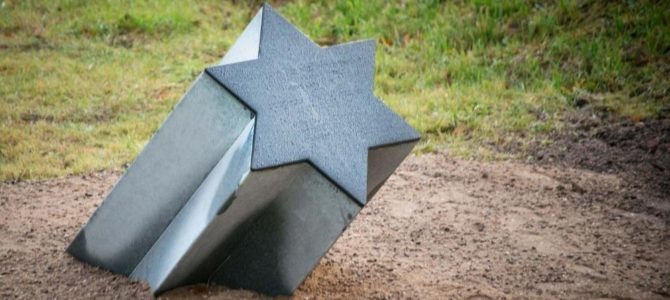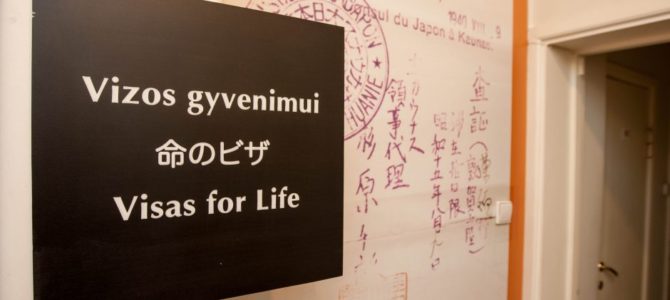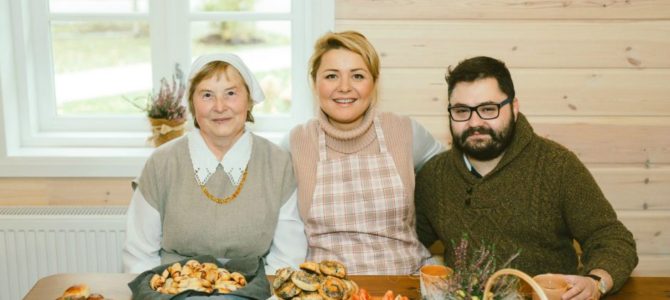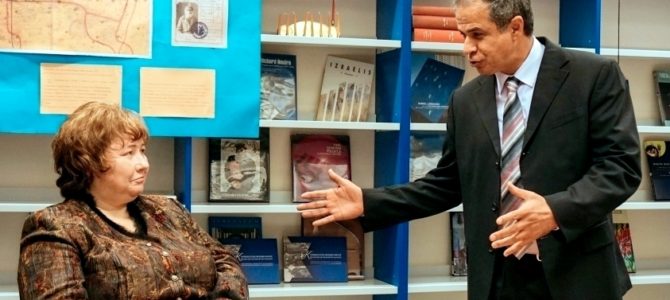November 11, 2016
No. 367
To: Mayor Remigijus Šimašius
Vilnius Municipal Administration
On Removal of the Plaque Commemorating Jonas Noreika
November 11, 2016
Vilnius
Currently there is a commemorative plaque on display on the façade of the library of the Lithuanian Academy of Sciences building located at Žygmantų street no. 1/8 in Vilnius dedicated to the dubious fame of Jonas Noreika, [also] known by the pseudonym General Vėtra. Information has reached us the plaque commemorating this person on the building at Žygmantų street no. 1/8 possibly was put up illegally, without required permission from the municipality of the city of Vilnius, and possibly in violation of the requirements of other laws as well. Please provide the Lithuanian Jewish Community with all documentation related to installation of the aforementioned commemorative plaque.
The honoring by commemorative plaque of this person with his undisputed role in committing genocide against citizens of Lithuania doesn’t make sense to the Lithuanian Jewish Community.
For information on and a copy of the order signed by Jonas Noreika seizing the property of Jews, please see http://www.anarchija.lt/component/content/article/81-istorija/38185-kodel-jonas-noreika-generolas-vetra-paskelbtas-vidvyriu and http://www.jpost.com/Opinion/Will-Lithuania-continue-to-honor-Nazi-collaborators-412701
The municipality of the city of Vilnius needs to take a look at article 170 of the criminal code of the Republic of Lithuania (incitement against any national, racial, ethnic, religious or other group of people) in which section 2 defines as a criminal act the mockery, belittlement, encouragement to hate or incitement to discriminate against a group of people or a member of that group based on gender, sexual orientation, race, ethnicity, language, origins, social status, religious belief or personal convictions and views.
The installation of a plaque commemorating Jonas Noreika in the city of Vilnius is wholly understood by the Lithuanian Jewish Community as a public mockery of the group of Lithuanian citizens who suffered the most during World War II, the Jews of Lithuania.
Please take measures quickly for the removal of the possibly illegal plaque from the building in Vilnius which commemorates Jonas Noreika and which publicly mocks the Jewish people.
[signed] Faina Kukliansky, chairwoman
Lithuanian Jewish Community
